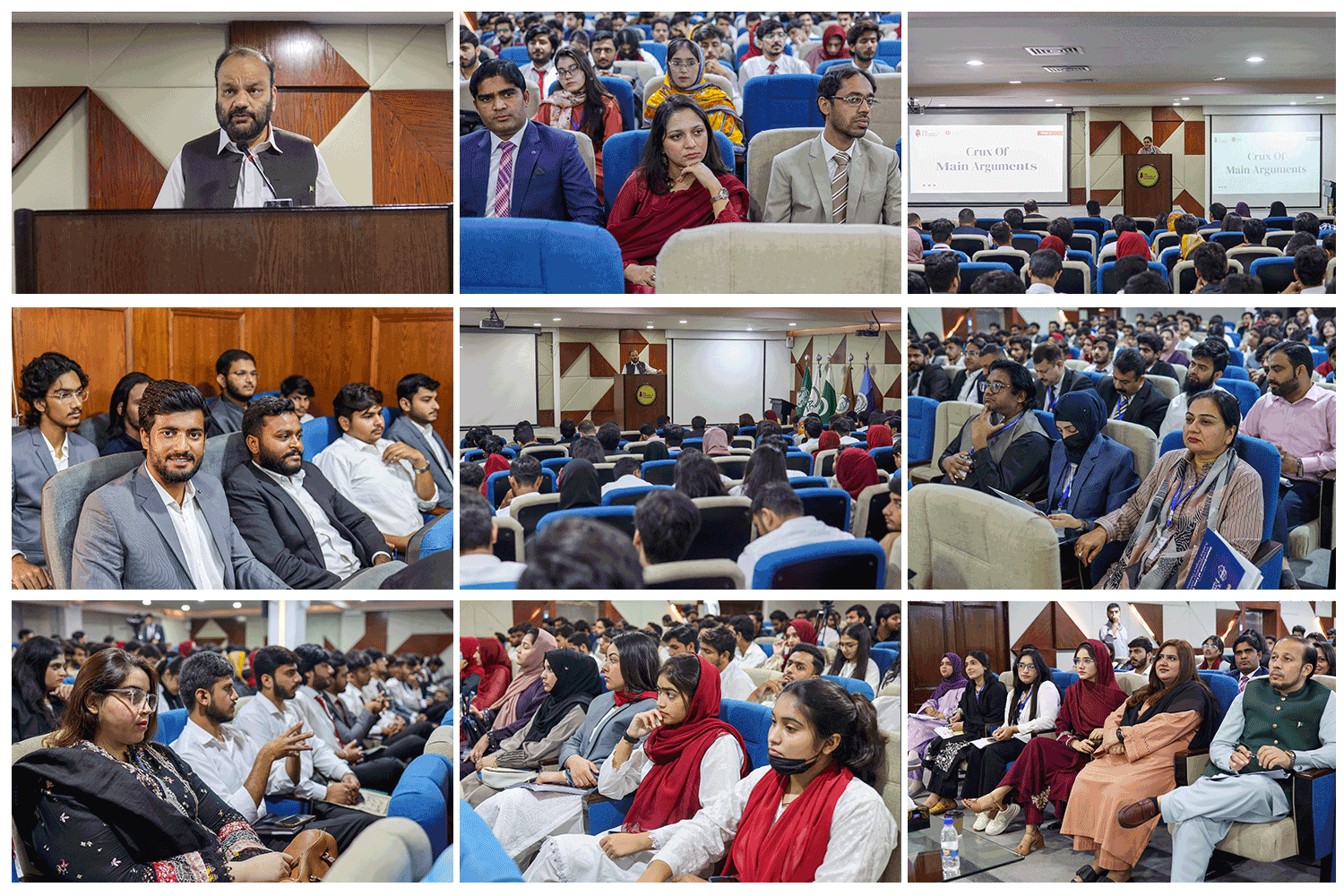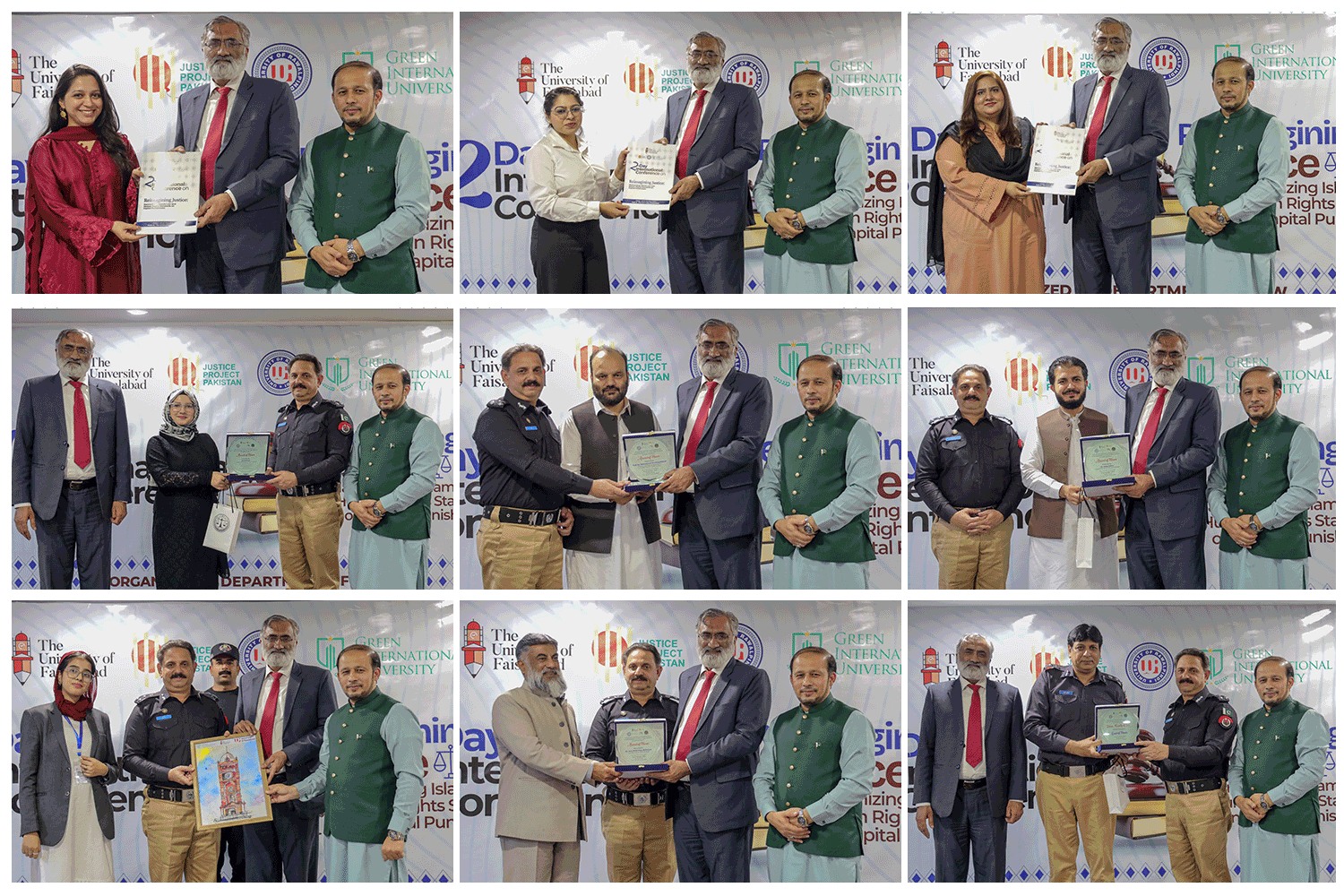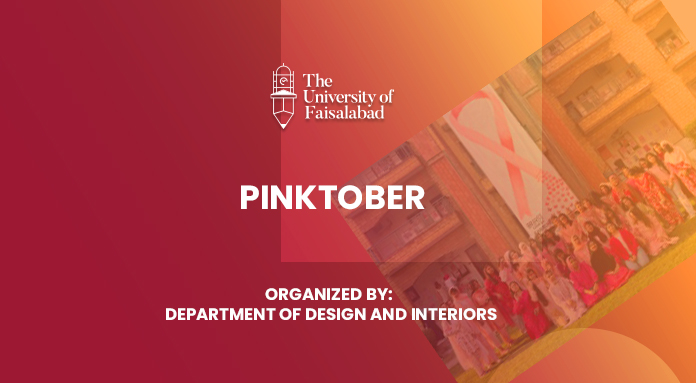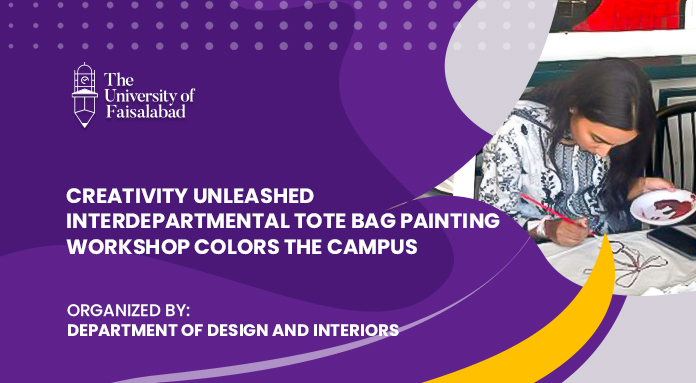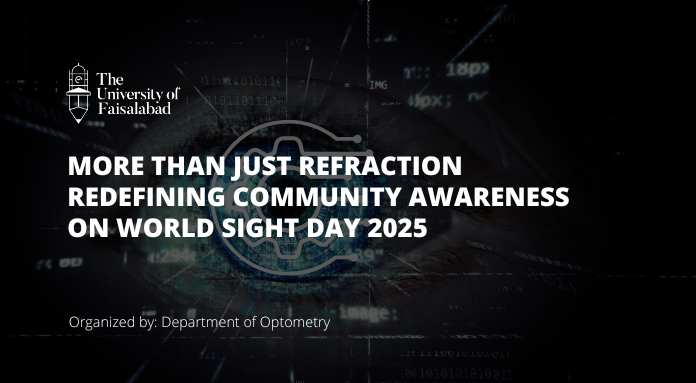
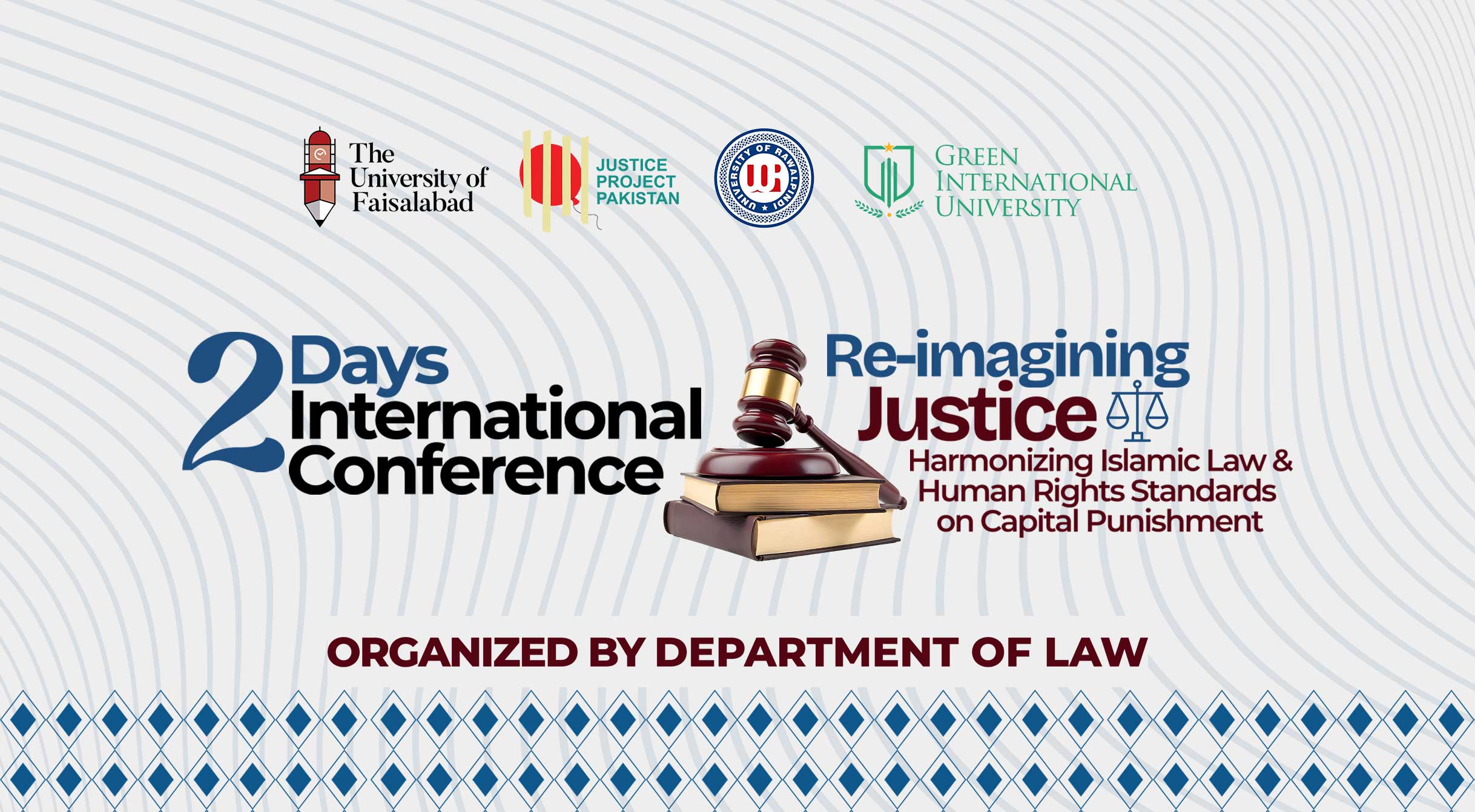
Publications
Quality Education
Reimagining Justice: Pakistan Hosts First International Conference on Islamic Law and Human Rights in Capital Punishment
The University of Faisalabad in collaboration with Justice Project Pakistan, Green International University, and the University of Rawalpindi, hosted a landmark two-day International Conference on “Reimagining Justice: Harmonizing Islamic Law and International Human Rights Standards on Capital Punishment” from October 21–22, 2025.
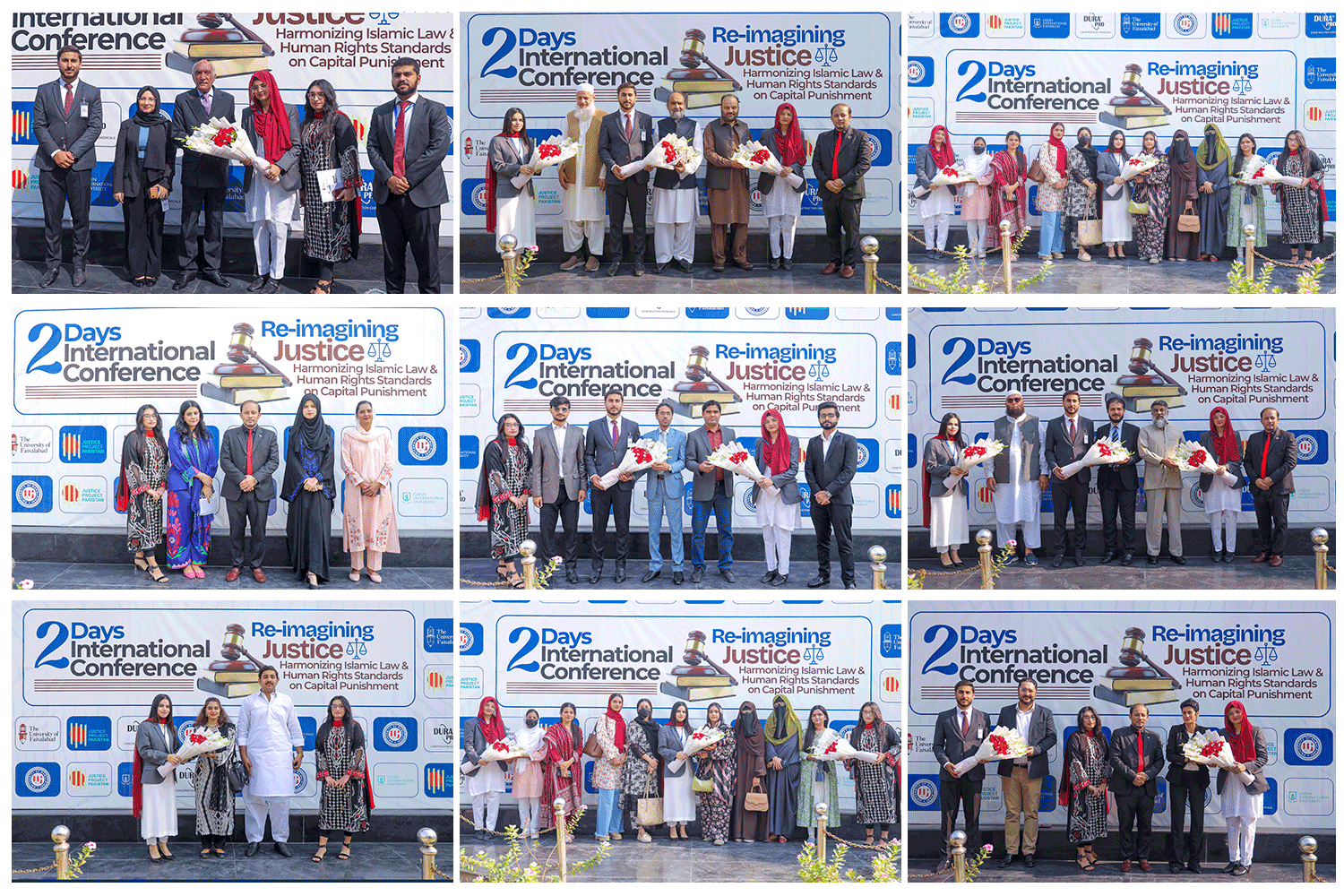
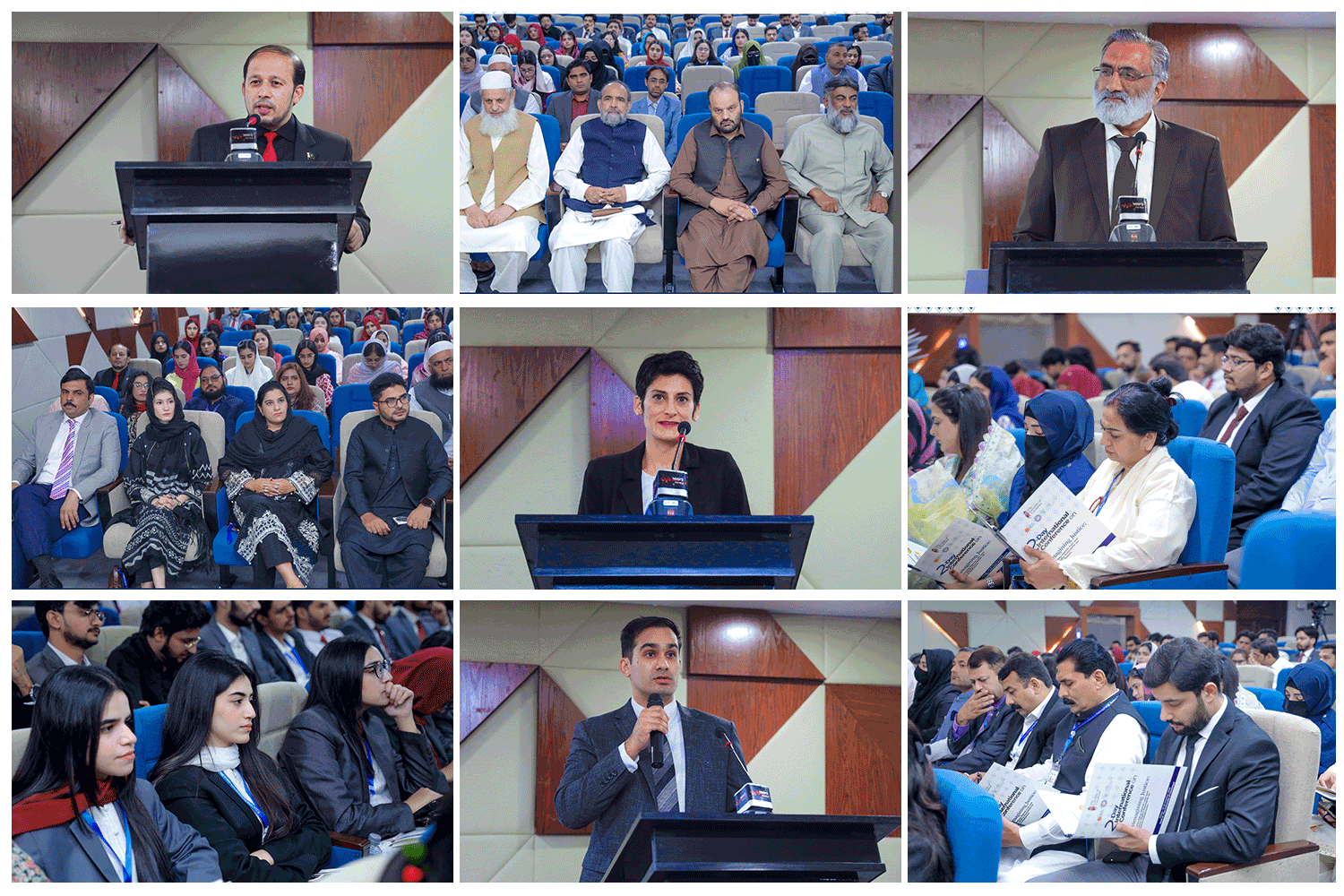
This historic event marked Pakistan’s first dedicated national forum on aligning Islamic jurisprudence with contemporary human rights frameworks. It brought together renowned scholars, jurists, practitioners, and students to engage in informed dialogue on justice, reform, and human dignity. The conference opened with welcoming remarks by Prof Dr Aman Ullah Malik, Rector, The University of Faisalabad, a policy briefing by Barrister Sarah Belal, Executive Director, Justice Project Pakistan, and a keynote address by Prof Dr Muhammad Mushtaq Ahmad. Panel discussions explored a wide range of themes, including prisoners’ rights, mercy and evidentiary safeguards, and the treatment of mental illness in criminal responsibility.
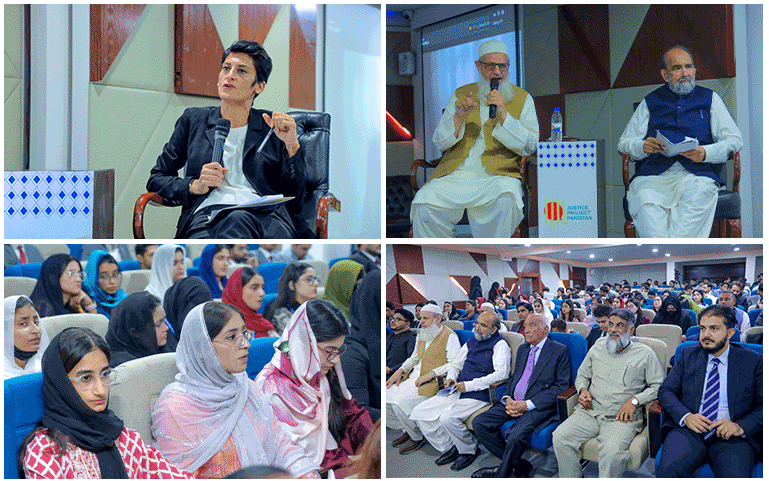
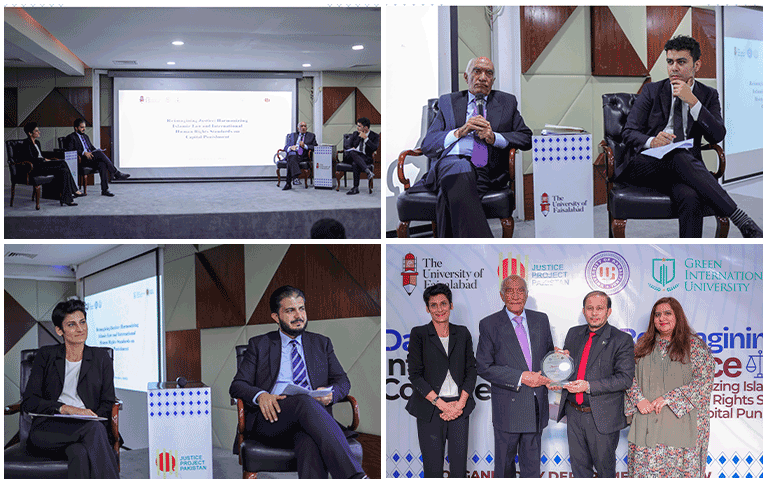
Distinguished speakers included Justice (R) Khalil-ur-Rehman Ramday, Prof Dr Qibla Ayaz, Ms Ambika Satkunanathan, Prof Dr Stefaan Smis, Dr Mohammad Habbash, Dr Inam Ullah, Dr Sadiq Kakar, Mr Farooq Ahsan, Barrister Qasim Chowhan, Dr Roop Zainab Rana, Ms Denny LaBoeuf, and Ms Namra Gillani.
Conference themes
Sessions and papers were structured around six pillars
- Islamic jurisprudence and the death penalty, classical and modern interpretations
- Pakistan’s legal, procedural, and policy trends on capital punishment
- International human rights standards and fair-trial safeguards
- Comparative case studies and reform pathways across Islamic jurisdictions
- Protection of vulnerable groups, including juveniles, women, indigent defendants, and persons with mental illness
- Advocacy, litigation, and community engagement strategies for measured reform
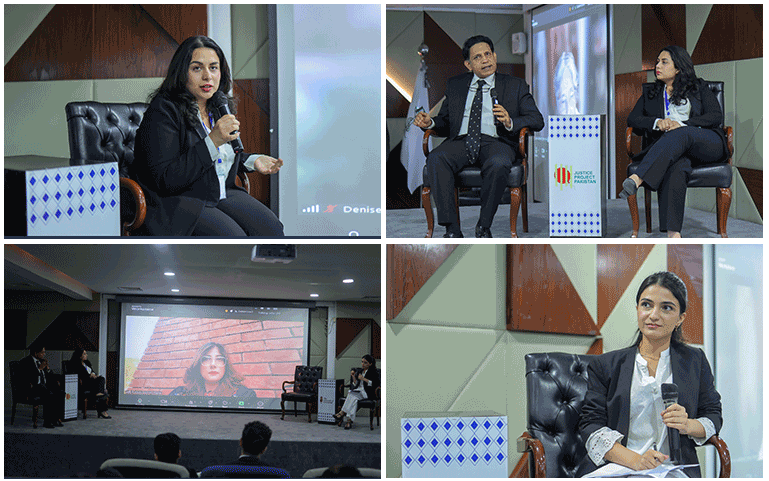
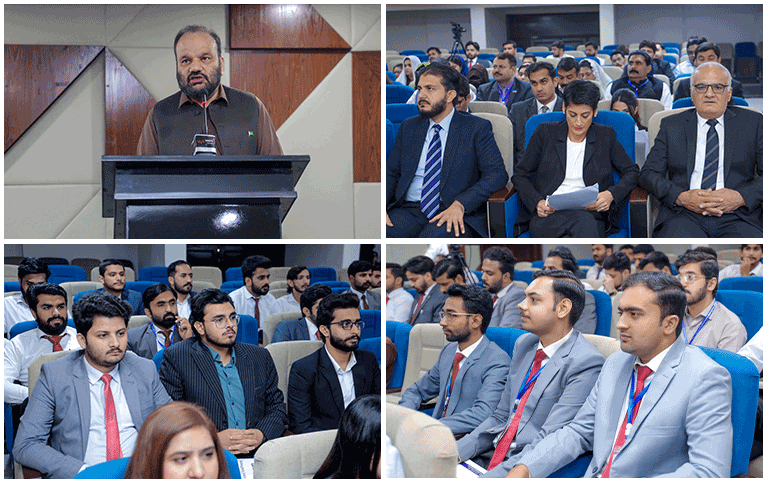
The Faculty of Law, TUF, played a central role in designing and delivering the program. Ms Amna Imdad and Ms Sadia Tanveer co-authored and presented a research paper titled “From Moratorium to Reform: Aligning Pakistan’s Death Penalty Regime with International Human Rights Standards.” Ms Amna Imdad also served as Conference Secretary, while Ms Sadia Tanveer, an IMI-accredited mediator, coordinated abstracts, research, and media engagement. Faculty members Ms Jannat Shahzad, Ms Naheed Ranjha, Ms Rida Zulfiqar, Ms Atiqa Saleem, and Dr Sohail Amjad were acknowledged for their outstanding support in conference execution.
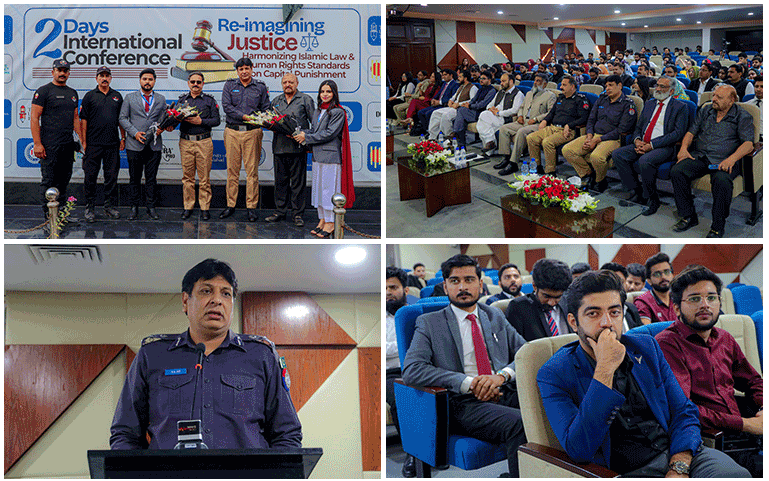
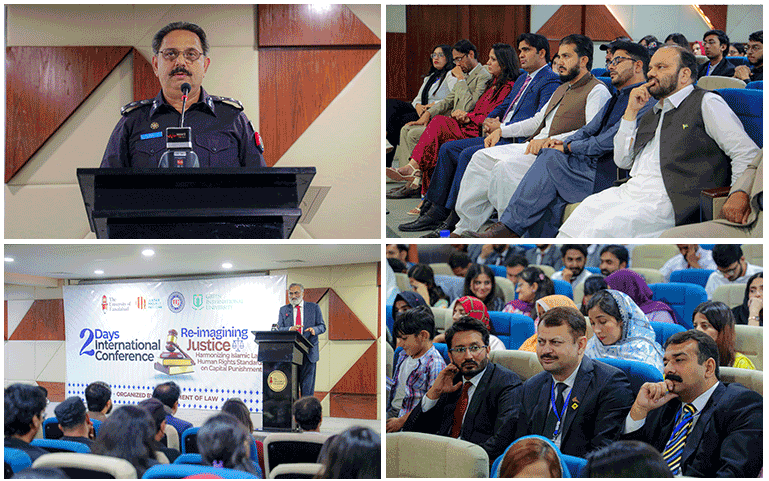
Participants from universities across Pakistan—including GCU Faisalabad, GCU Women University Faisalabad, Faisalabad College of Law, University of Sindh, LUMS, Bahria University Islamabad, and NUST—joined the event, alongside TUF’s LLB and LLM scholars. The academic sessions were complemented by a Gala Dinner and Ghazal Night, fostering intellectual and cultural exchange. The closing ceremony was graced by Prof Dr Aman Ullah Malik, Prof Dr Muhammad Mushtaq Ahmad, Dr Attaullah Khan Mahmood Watto, Prof Dr Sami-ur-Rahman, Rana Raza Ullah Khan (DIG Prisons, Punjab), Mr Sajid Baig (SP Prisons, Faisalabad), Dr Asif Khan, and Dr Sadiq Kakar.
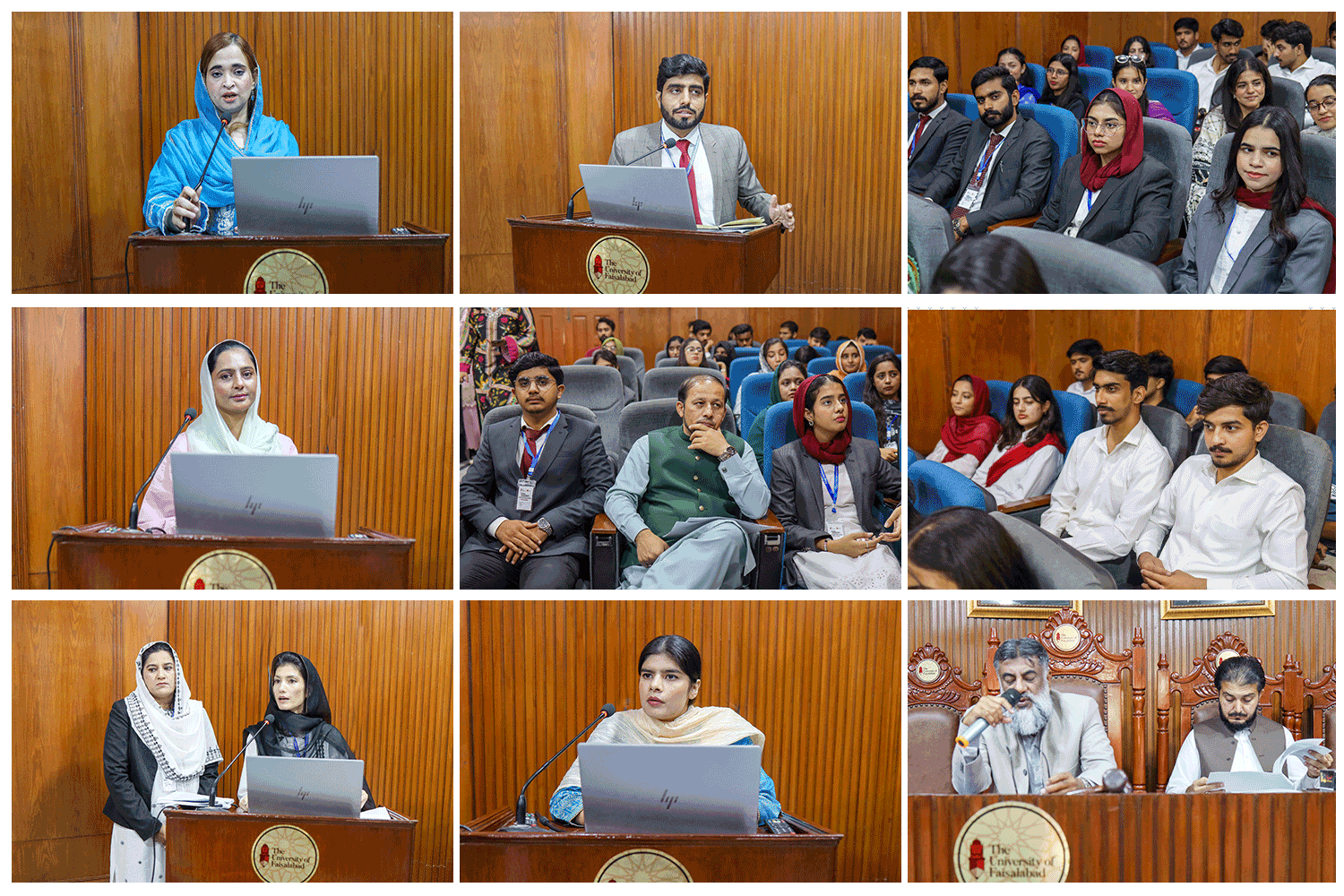
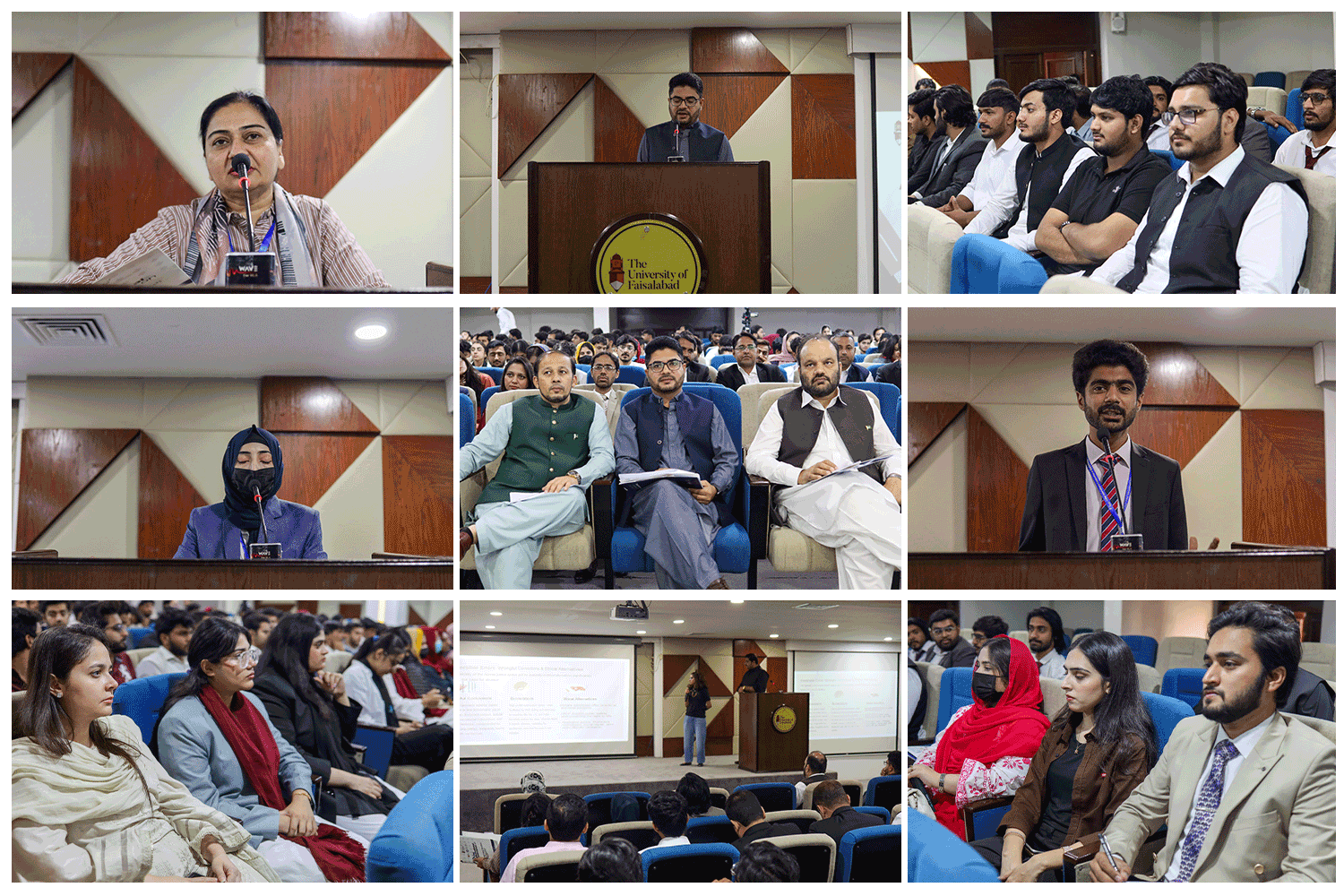
“Pakistan can lead a thoughtful, text-grounded conversation on justice that protects life, dignity, and due process. This conference gathered diverse scholarship to identify reforms that are faithful to Islamic jurisprudence and responsive to today’s human rights standards,” — Prof Dr Aman Ullah Malik, Rector, The University of Faisalabad “Our aim is practical change. By aligning Islamic legal principles with international norms, we can reduce irreversible error, strengthen safeguards, and improve the administration of justice where life is at stake,” — Barrister Sarah Belal, Executive Director, Justice Project Pakistan
